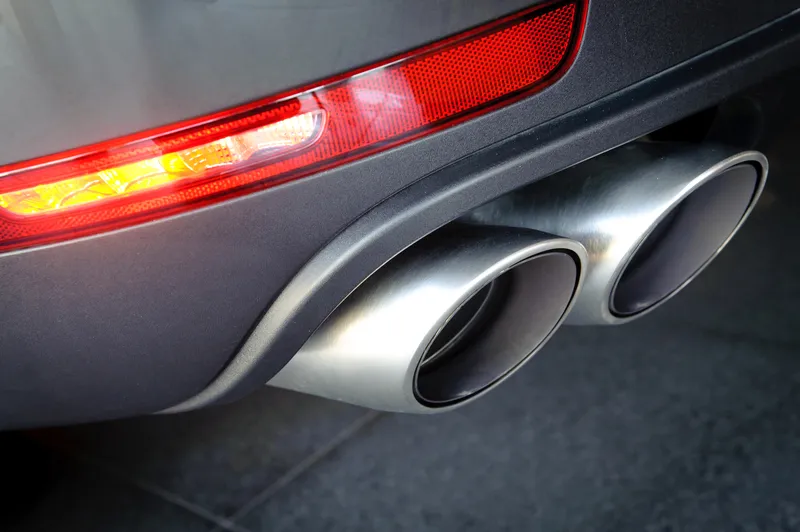The UK's Department for Transport has unveiled new guidance that will make it easier for 40mph (64km/h) speed limits to be imposed on quiet rural roads. These roads currently have a typical speed limit of 60mph but the Government is keen to change this in a bid to reduce road casualties. The latest figures from the government show that there were 1,901 road deaths in 2011, a three per cent increase on 2010. In 2010, 68 per cent of road deaths occurred on rural roads, of which almost 50 per cent had a speed
July 16, 2012
Read time: 2 mins
The UK's 1837 Department for Transport has unveiled new guidance that will make it easier for 40mph (64km/h) speed limits to be imposed on quiet rural roads. These roads currently have a typical speed limit of 60mph but the Government is keen to change this in a bid to reduce road casualties. The latest figures from the government show that there were 1,901 road deaths in 2011, a three per cent increase on 2010. In 2010, 68 per cent of road deaths occurred on rural roads, of which almost 50 per cent had a speed limit of 60mph.
Normally it would prove expensive for a local authority to reduce a speed limit, as they have to put up several signs. However, under the new plans they will be allowed to designate quiet parts of roads as 40mph zones, requiring just one sign to show where the zone begins and one to show where it ends. It is thought that this move will also help to combat road clutter.
Normally it would prove expensive for a local authority to reduce a speed limit, as they have to put up several signs. However, under the new plans they will be allowed to designate quiet parts of roads as 40mph zones, requiring just one sign to show where the zone begins and one to show where it ends. It is thought that this move will also help to combat road clutter.










